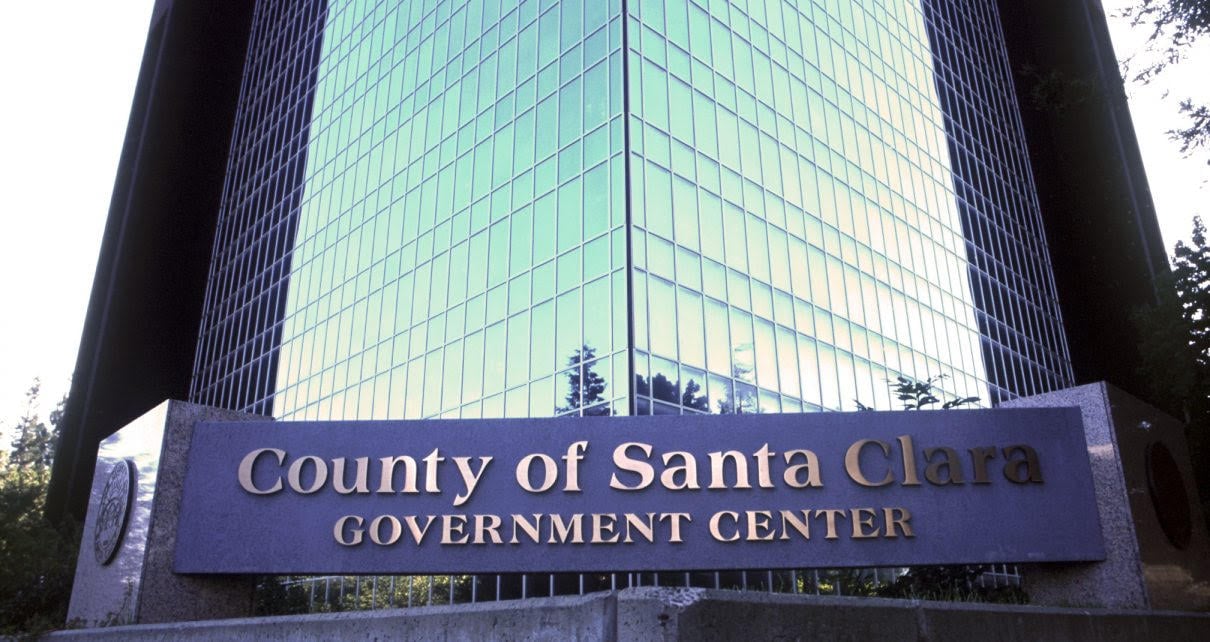About 25 Stanford advocates and Palo Alto high school students and faculty members came together to demand that Santa Clara County launch a review of schools’ sexual violence policies on Wednesday following a September decision from the Board of Supervisors to delay such a request. Advocates said that such an audit was critical in uplifting survivors of sexual violence.
During the public comments portion of the meeting of the Santa Clara County Health and Hospital Committee (HHC), advocates criticized Supervisors Susan Ellenberg and Joe Simitian M.A. ’00 — who both sit on the HHC in addition to the Board of Supervisors — for their September votes to delay the audit. Supervisor Mike Wasserman also voted to delay the audit.
Simitian’s team did not immediately respond to a request for comment (Simitian represents Stanford on the Board). Ellenberg’s communications director Mayra Flores told The Daily that “Supervisor Ellenberg will not be commenting further at this time.”
Had the review been initiated, the county would have audited the sex- and gender-based harassment, discrimination and violence policies across county K-12 schools and universities. This audit would have required Stanford to demonstrate that its sexual violence, harassment and discrimination policies comply fully with national and state regulations.
At the Board’s September meeting where it first considered the review, high school and college students alike spoke out against the decision to delay the audit over one and a half hours of public comment. And on Oct. 11, 50 high school students protested against Simitian’s vote to postpone the review.
“Stanford stands ready to provide information on our policies and practices to inform efforts to prevent sexual violence at all educational institutions,” said University spokesperson Dee Mostofi when asked how Stanford would respond to a possible future audit.
Mostofi referenced the recent release of the SHARE policies as an example of Stanford seeking feedback from faculty, staff, and students to inform its policies. In recent weeks, Title IX advocates have contended that the SHARE policies are not broad enough in scope in protecting and supporting survivors of sexual violence.
Law professor Michele Dauber stressed considering campus sexual assault and violence as a public health issue during the comment period and urged Ellenberg to reconsider her vote.
“Conducting and publishing research, which is the goal of the referral, is in fact an actionable outcome,” she said.
Students from Palo Alto high schools and Stanford again urged Ellenberg and Simitian to reconsider their votes.
“This council has heard the cries of victims,” said Kacy Gao, a senior at Gunn High School. “Some of you have heard those cries from your home windows. Yet still members of this committee have decided to ignore those cries. This is no reason at all to delay by months a simple policy study.”
Associated Students of Stanford University (ASSU) Sexual Violence & Relationship Abuse Prevention Co-Director Maia Brockbank ’21 echoed Gao, urging the Board to start the review. “We are not asking you to fix or completely eliminate sexual violence,” she said. “We know that is not in your ability. What is in your power, however, is to pass the study of sexual violence in the county, and your choice to refuse action on such is both hurtful and confusing.”
Contact Kathryn Zheng at kszheng ‘at’ stanford.edu.
